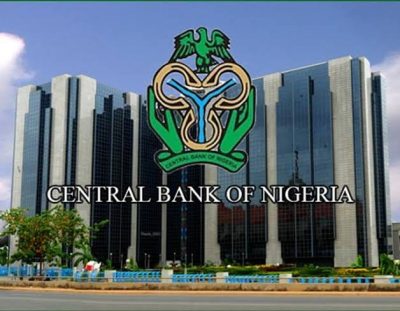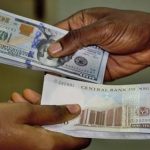The Nigerian Central Bank (CBN) has successfully eliminated the $7 billion foreign exchange (forex) backlog that was pending when Governor Yemi Cardoso took office.
Yesterday, the Acting Director of Corporate Communications at the Central Bank of Nigeria, Mrs. Hakama Sidi Ali, announced the resolution of all outstanding valid forex claims.
She detailed that Deloitte Consulting, a third-party audit firm, was brought in to rigorously evaluate the claims, ensuring the approval of only those that were legitimate.
Sidi Ali mentioned, “Any invalid transactions were referred to the relevant authorities for further investigation.”
Governor Cardoso had previously highlighted the necessity of addressing the backlog as a means to enhance the Nigerian economy’s reputation.
His statement made clear the priority placed on this issue: “we made clearing the forex backlog a priority to restore credibility and confidence in the Nigerian economy.”
Furthermore, Cardoso elaborated on the establishment of a “credible process” for validating these financial obligations and expressed his contentment with the resolution of all “genuine, verifiable transactions.”
He emphasized the critical nature of overcoming this barrier, stating, “This encumbrance to market confidence in the country’s ability to meet its obligations is now totally behind us.”
The resolution of the forex backlog by the CBN seems to be yielding positive outcomes. External reserves have reportedly reached their peak in nine months last weekend, according to The Nation. This surge is attributed to an increase in remittances from Nigerians living overseas and a rise in foreign investments in local assets, such as government bonds.
During the last Monetary Policy Committee (MPC) meeting, the CBN unveiled a comprehensive strategy.
This plan focuses on stabilizing the exchange rate to deter imported inflation and create a more stable economic climate.
Sidi Ali expressed that clearing the backlog underscores the CBN’s dedication to transparency and accountability, which could boost confidence in the banking sector.
Economic analysts believe that the growth in foreign exchange reserves and enhanced liquidity in the forex market could spur economic development by simplifying international trade and investment.
They view Cardoso’s initiative to resolve the forex backlog and manage the foreign reserves with a strategic approach as evidence of the CBN’s commitment to promoting a stable and welcoming environment for investors in the Nigerian economy.






Comments are closed.